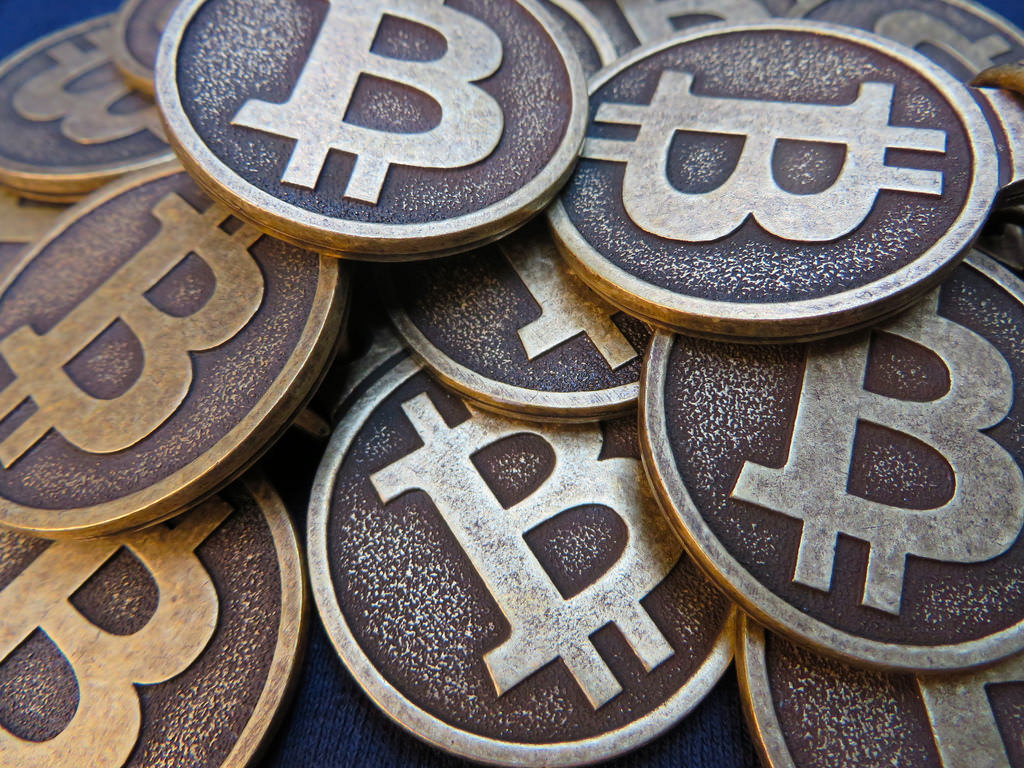
BitMonet unveils free bitcoin paywall function for publishers
Payment processor BitPay is working with an open source project called BitMonet to enable microtransactions for publishers.
The project allows publishers to install paywalls on their web sites, charging for access to digital content using a variety of models. Started by Bo Li, Ankur Nandwani, and designer Valerie Chao, the project was conceived at the Bitcoin 2013 conference in May.
The BitMonet system is different from other microtransaction systems such as Coinbox.me or Coinbase’s microtransaction service says Ankur, because it focuses on a particular vertical industry - publishing - rather than simply enabling microtransactions for generic sites.
“The first thing I do when I get up in the morning is read news from all over the world,” says Nandwani, who is a senior engineer working on Android software. “I have seen different websites that I go to, such as the New York Times and the Washington Post, that have put up paywalls.”
Microtransactions have been difficult in the past, because of the commission taken by payment processors. Credit card firms take 2-3% for payments, along with a base rate of around 20 cents. That, along with cumbersome sign-up processes, can put off impulse purchases. Paying with bitcoin involves near-zero transaction fees, and no sign-up. BitPay charges a 0.99% transaction fee on a purchase, with no base rate to handle transactions initiated via BitMonet.
BitMonet is 95% Javascript, available as a set of files that publishers can insert directly into web pages. There is also a small back-end code snippet used to integrate into BitPay.
The script enables publishers to create links that can be used to access the paywalled content. They will bring up a box, offering options to charge for content in three ways: on a per-article basis, for an hourly pass, or for an all-day pass. Clicking on any of the options takes the reader to a bitcoin payment window, powered by BitPay’s API.
It isn’t yet clear what impact microtransactions would have on the block chain if they caught on in a big way, as they have with bitcoin gambling.
BitPay says that there is an option for merchants to store payments and have them sent from the payment processor on a daily basis. However, bitcoin transactions still have to get from the customer’s wallet to BitPay, and each of those transactions goes via the block chain.
Ankur hopes to add other enhancements soon, releasing a plugin for WordPress by the end of the month. He is also planning an Android SDK, which will enable developers to build micropayment support directly into Android apps. This will avoid fees imposed by Google for transactions made through its Play store. Integration will be particularly smooth for people who also have their wallet on an Android device, he says. Expect to see the SDK around Halloween.
The question is whether, with so much free content out there, people will pay for access. It has worked for the New York Times, albeit with limited results. The Times Company makes approximately $150m per year from paywalled content. It focuses on subscriptions, however, rather than per-story charges, and has reaped 699,000 subscribers via the service in the past nine quarters. Its advertising revenues are falling faster than circulation revenues are rising, however (an 11.2% decline in the first quarter, compared to a 7% rise).
Subscriptions would be harder to accomplish with bitcoin, which doesn’t support recurring payments.
So, who could benefit from a bitcoin paywall? Anyone with particularly good analytical content that couldn’t be found elsewhere, and anyone offering premium content such as ebooks. And – we have to say it – porn sites. The chance for people to pay for illicit videos or photos ad hoc without anything turning up on their credit card bill will be too attractive to some users to pass up. And as long as they don’t mind sacrificing recurring payments, it’ll be a useful revenue source for such sites.
Image credit: Flickr
DISCLOSURE
The leader in news and information on cryptocurrency, digital assets and the future of money, CoinDesk is a media outlet that strives for the highest journalistic standards and abides by a strict set of editorial policies. CoinDesk is an independent operating subsidiary of Digital Currency Group, which invests in cryptocurrencies and blockchain startups. As part of their compensation, certain CoinDesk employees, including editorial employees, may receive exposure to DCG equity in the form of stock appreciation rights, which vest over a multi-year period. CoinDesk journalists are not allowed to purchase stock outright in DCG.

